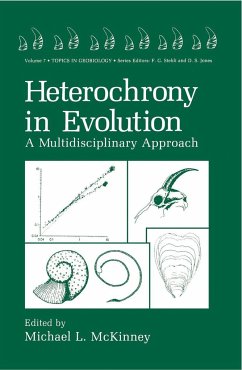
Ancestors, Territoriality, and Gods
A Natural History of Religion
Versandkostenfrei!
Versandfertig in 6-10 Tagen
59,99 €
inkl. MwSt.
Weitere Ausgaben:

PAYBACK Punkte
30 °P sammeln!
This books sets out to explain how and why religion came into being. Today this question is as fascinating as ever, especially since religion has moved to the centre of socio-political relationships. In contrast to the current, but incomplete approaches from disciplines such as cognitive science and psychology, the present authors adopt a new approach, equally manifest and constructive, that explains the origins of religion based strictly on behavioural biology. They employ accepted research results that remove all need for speculation. Decisive factors for the earliest demonstrations of relig...
This books sets out to explain how and why religion came into being. Today this question is as fascinating as ever, especially since religion has moved to the centre of socio-political relationships. In contrast to the current, but incomplete approaches from disciplines such as cognitive science and psychology, the present authors adopt a new approach, equally manifest and constructive, that explains the origins of religion based strictly on behavioural biology. They employ accepted research results that remove all need for speculation. Decisive factors for the earliest demonstrations of religion are thus territorial behaviour and ranking, coping with existential fears, and conflict solution with the help of rituals. These in turn, in a process of cultural evolution, are shown to be the roots of the historical and contemporary religions.














